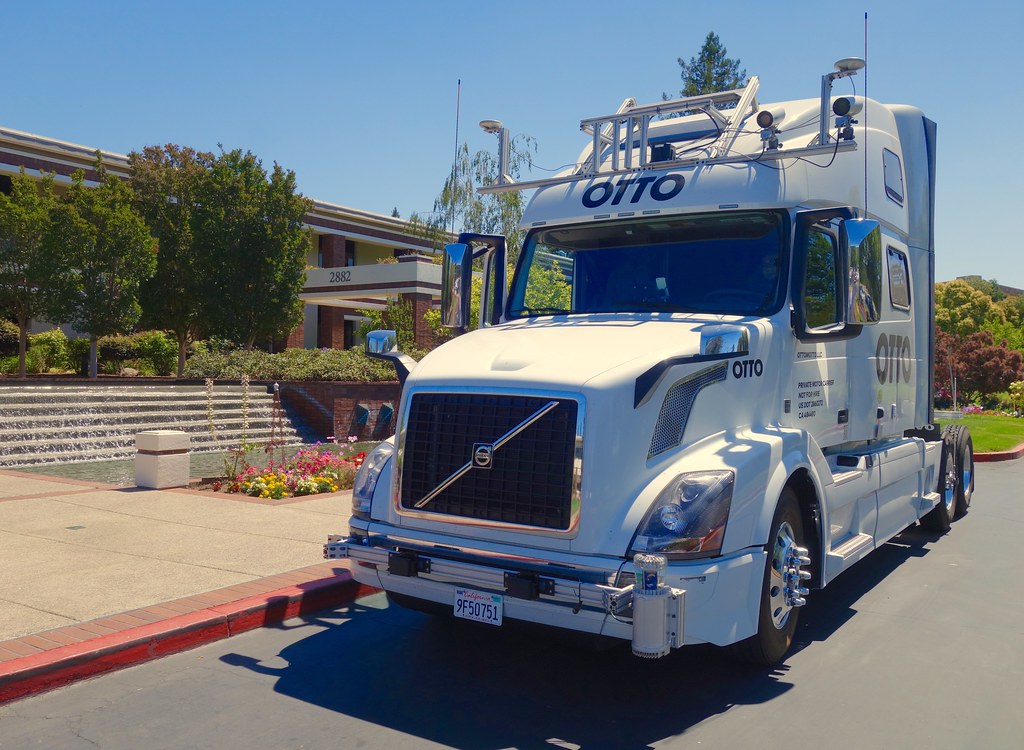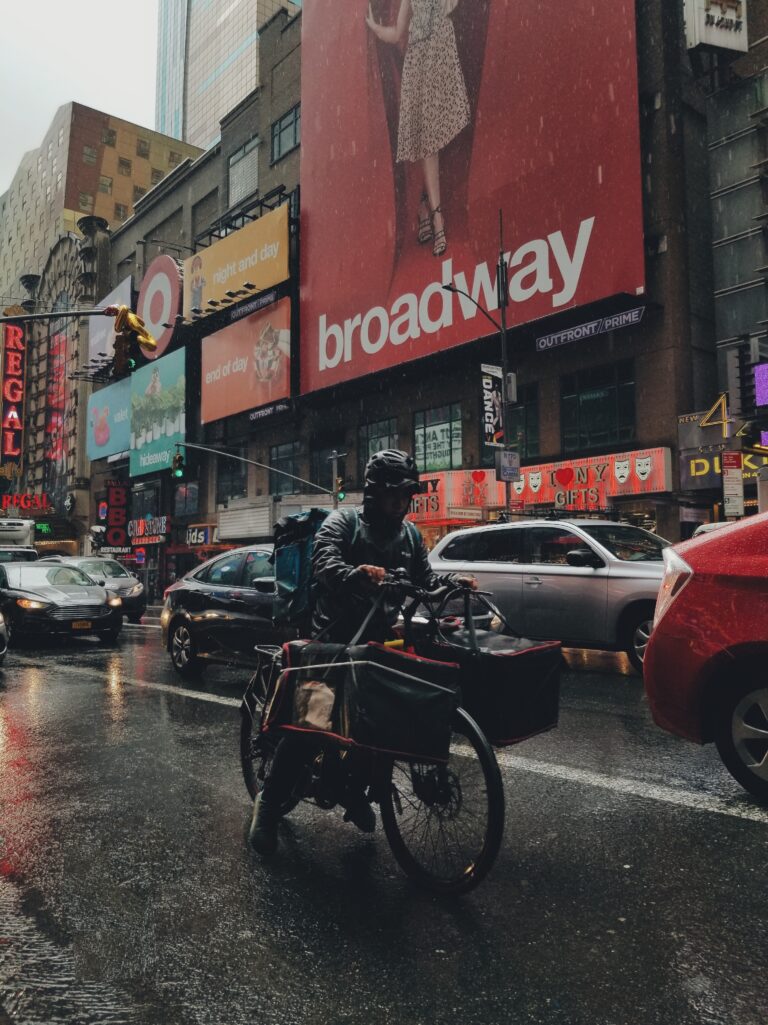
Maddie Chang is a student at Harvard Law School.
In today’s Tech@Work, delivery apps in Brazil are using facial recognition technology to identify underage workers; California Governor Gavin Newsom vetoed a bill that would have required human drivers to ride in self-driving trucks; and a new book tracks the labor history of the term “Luddite,” comparing the issues affecting workers in today’s gig economy to the those faced by factory workers in the Industrial Revolution.
As recently reported in Rest of World, last-mile delivery apps in Brazil like iFood and Rappi are using both technical and non-technical means to address child labor on their platforms. Fueled in part by pandemic school closures, young people started working for the delivery apps in record numbers. In Brazil, delivery workers must be at least 18 years old. Indeed on paper, to create a delivery account on the apps, a person must be 18 years or older. But in practice, minors can borrow an older family member’s information and then deliver under their name. The companies responded to this phenomenon by requiring that delivery workers take periodic selfies, and then using facial recognition to verify people’s identity and age. But underage workers have also found a way around this measure by snapping a picture of an adult in their midst. Under pressure from the government, the apps have started relying instead on manual facial recognition, so to speak, asking restaurant owners and customers to report minors with whom they interact.
California Governor Gavin Newsom has vetoed a bill that would have banned fully driverless heavy weight trucks in the state. Passed relatively smoothly by the California Senate in September with support from a bipartisan group of legislators, Assembly Bill 316 would have required that trucks weighing more that 10,000 pounds (e.g. UPS delivery vans and big rigs) have a human driver in them when operating on public roads. The bill’s proponents, including Teamsters, hoped the bill would address both safety and job displacement concerns. California Labor Federation leader Lorena estimated that driverless trucks could cost the state upwards of 200,000 jobs. In a letter explaining his move, Governor Newsom said the DMV can handle safety evaluations, that he’s committed to workforce training for drivers, and that the state’s Labor and Workforce Development Agency will convene stakeholders to make recommendations to mitigate job loss. Proponents of the bill gathered in Sacramento to express support for its signing, chanting “sign that bill” and lining the street with semis.
Finally, there’s a new book out by LA Times tech columnist Brian Merchant called Blood in the Machine: The Origins of the Rebellion Against Big Tech. As detailed in a recent New York Times review, the book draws analogies between today’s gig economy and factories in the Industrial Revolution. Merchant traces the history of the Luddite movement, which was named for a mythical textile factory worker Ned Ludd. “Luddite” today usually means someone who’s opposed to new technology. But at its inception Luddism was a labor movement where workers protested against the poor conditions they faced in 19th century north England factories. As Merchant highlights, Luddites were not against technology itself, but took hammers to the new factory machines as a way to pressure owners into fair pay and better conditions. He writes that the association of the term Luddite with anti-tech attitudes was how elites at the time sought to characterize workers’ actions. Merchant ultimately draws parallels to today’s gig economy and algorithmically managed work, seeking to revive the term Luddite by connecting it with its original labor roots.










Daily News & Commentary
Start your day with our roundup of the latest labor developments. See all
July 9
In Today’s News and Commentary, the Supreme Court green-lights mass firings of federal workers, the Agricultural Secretary suggests Medicaid recipients can replace deported farm workers, and DHS ends Temporary Protected Status for Hondurans and Nicaraguans. In an 8-1 emergency docket decision released yesterday afternoon, the Supreme Court lifted an injunction by U.S. District Judge Susan […]
July 8
In today’s news and commentary, Apple wins at the Fifth Circuit against the NLRB, Florida enacts a noncompete-friendly law, and complications with the No Tax on Tips in the Big Beautiful Bill. Apple won an appeal overturning a National Labor Relations Board (NLRB) decision that the company violated labor law by coercively questioning an employee […]
July 7
LA economy deals with fallout from ICE raids; a new appeal challenges the NCAA antitrust settlement; and the EPA places dissenting employees on leave.
July 6
Municipal workers in Philadelphia continue to strike; Zohran Mamdani collects union endorsements; UFCW grocery workers in California and Colorado reach tentative agreements.
July 4
The DOL scraps a Biden-era proposed rule to end subminimum wages for disabled workers; millions will lose access to Medicaid and SNAP due to new proof of work requirements; and states step up in the noncompete policy space.
July 3
California compromises with unions on housing; 11th Circuit rules against transgender teacher; Harvard removes hundreds from grad student union.